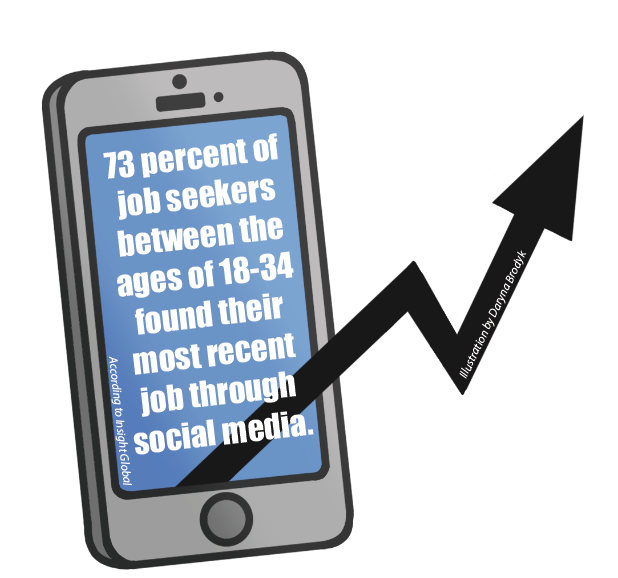“The truth is, I am overweight. You can call me fat, and yes, even obese on a doctor’s chart. But, do you
think I don’t know that? That your cruel words are pointing out something that I don’t see? You know
nothing about me but what you see on the outside. I am much more than a number on a scale.”
These are the powerful words of Jennifer Livingston, an anchorwoman in LaCrosse, Wisconsin, who
recently spoke about her weight on-air in response to a critical email she received from a local named
Kenneth Krause. Krause accused Livingston of not being “a suitable example for this community’s young
people, girls in particular,” because of her weight.
Livingston, a mother of three girls, went on to point out that October is national anti-bullying month
and that acts of bullying like Krause’s email teach children to become bullies themselves.
Though I agree, I will admit that when I first saw this video of Livingston, I didn’t feel pride in this
woman’s strength, but a nagging thought in the back of my mind that she seemed to dance around the
issue of her weight.
It was phrases like “obese on a doctor’s chart” and the way she focused on bullying that made me jump
to conclusions about why she was phrasing things the way she was. Her obesity and blatant avoidance of
the matter made me inherently biased against the message she was communicating. The problem was, I
didn’t even recognize it as bias at first.
I’m not sure what else I wanted her to say; maybe that she was trying to lose weight but it was just
taking a while to do so.
But then I realized that this woman doesn’t have to justify her weight to me, or to anyone. She doesn’t
have to explain that she works out two to three times a week and runs triathlons, or that she has a
thyroid condition that makes it difficult for her to lose weight, as her husband pointed out in an interview
with ABC News.
It just shouldn’t matter. Yes, being healthy is important, but who wants to feel like they have to justify
a part of themselves just to gain acceptance? The problem is that people like Krause equate being
overweight with a lack of willpower.
According to an Oracle-conducted survey of 247 South students, 43 percent think that the most
common reason a person is overweight is a lack of self-control.
This is understandable because yes, being unable to control overreating does equal weight gain. But
according to the National Heart Lung and Blood Institute, many factors can contribute to weight gain:
learned eating habits, genetics, a lack of time to cook properly or exercise, income, medical reasons,
emotional reasons, stress and yes, a lack of willpower or “laziness.”
To someone who is trying to lose weight, or even to someone who isn’t trying to lose weight, one
thoughtless comment can be really disheartening. Weight loss is a very slow and difficult process. Do you
really think a critical remark about a person’s food choices or lack of exercise is going to shame them into
hitting the gym?
Weight can be a very personal issue, and one that is rarely black and white. As easy as it is to judge, it’s
just impossible to know someone’s story based on his or her appearance.







